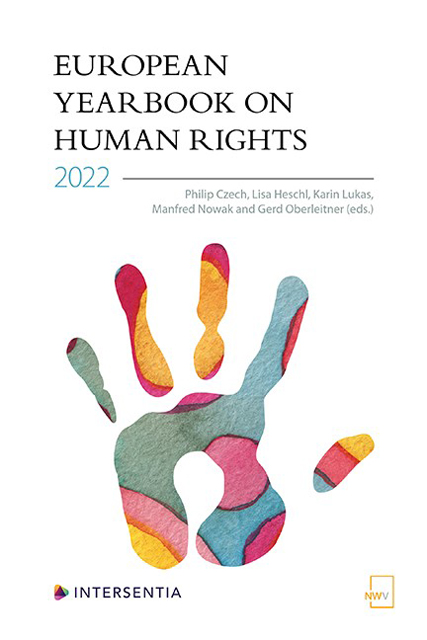The Employment Equality Directive and Access to Justice for Persons with Disabilities: Some Refl ections in Light of Tartu Vangla and Komisia za Zashtita ot Diskriminatsia
Published online by Cambridge University Press: 20 April 2023
Summary
ABSTRACT
By establishing a general framework for equal treatment in employment and occupation, Directive 2000/78 (Employment Equality Directive ) provides the basis to tackle discrimination on a number of grounds, including disability. Since the seminal decision in HK Danmark , released in 2013, the Court of Justice of the European Union (CJEU) has interpreted the Employment Equality Directive in light of, and in compliance with, the United Nations (UN) Convention on the Rights of Persons with Disabilities (CRPD), which was concluded by the European Union (EU) alongside its Member States. In spite of some false steps and setbacks, the CJEU has progressively embraced the social-contextual conceptualisation of disability enshrined in Article 1 CRPD, and highlighted the role of reasonable accommodation in dismantling barriers faced by persons with disabilities in employment contexts. In that regard, the CJEU’s case law on the Employment Equality Directive has contributed to the protection of the right to work of people with disabilities on an equal basis with others. In 2021, the CJEU released two significant decisions, in the cases of XX v Tartu Vangla and TC, UB v Komisia za zashtita ot diskriminatsia and VA . While those decisions do not depart from previous jurisprudence, they represent important milestones in the advancement of disability rights at the EU level. In both Tartu Vangla and Komisia za zashtita ot diskriminatsia, individuals with disabilities were denied the possibility of working in the judicial system, respectively as prison officers and as jurors, on the premise that their disabilities would prevent them from performing the expected duties. Ruling on the prohibition of discrimination on the ground of disability, the CJEU stressed the importance of providing reasonable accommodation to ensure equal treatment of persons with disabilities working in the justice system. The CJEU made no explicit reference to Article 13 CRPD on access to justice. Yet, this contribution argues that, in its effort to ensure the equal enjoyment of the right to work within a judicial setting, the Court used the Employment Equality Directive to advance access to justice for persons with disabilities. While the organisation of justice remains a competence of the Member States, this contribution contends that the CJEU effectively relies on non-discrimination to support the implementation of Article 13 CRPD.
- Type
- Chapter
- Information
- European Yearbook on Human Rights 2022 , pp. 75 - 104Publisher: IntersentiaPrint publication year: 2022



